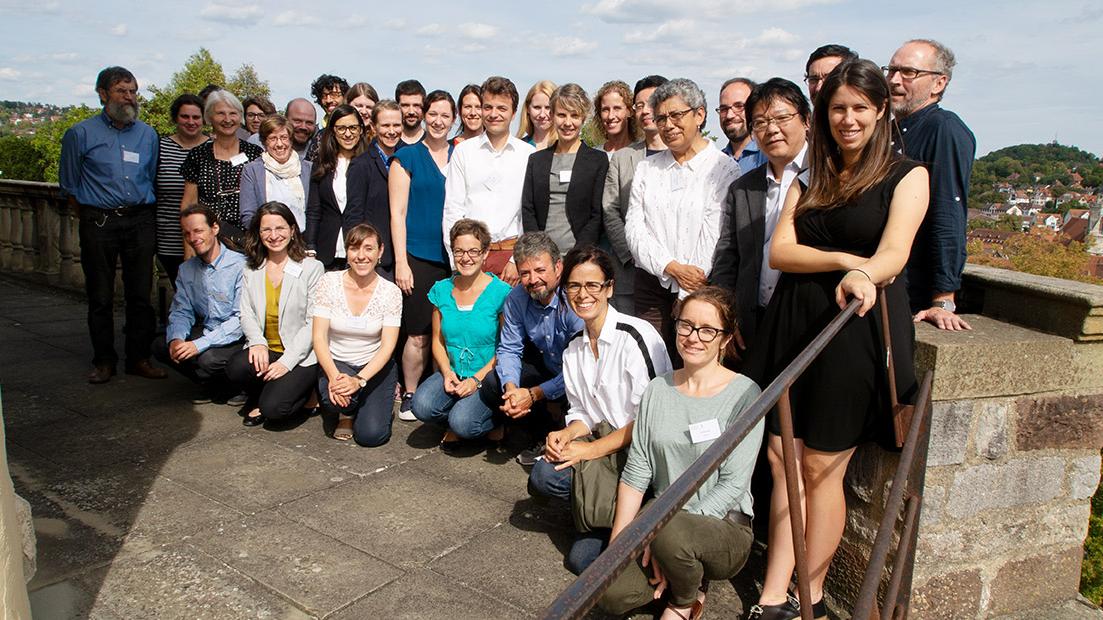News
20.09.2018
Indigenous Knowledge as a Resource?
Transmission, Reception, and Interaction of Global and Local Knowledge between Europe and the Americas, 1492-1800
German version below
Historians, linguists, archeologists, art historians, ethnologists and anthropologists of the Americas from Asia, Scandinavia, Europe, North America and South America gathered in Tübingen on the 10-11th September to discuss and exchange their experiences.
Since antiquity, knowledge has often been juxtaposed with opinion. Whereas opinion referred to subjective perceptions and viewpoints, knowledge was intended to represent objective and verifiable propositions. On this view, knowledge per se had a universal dimension in that it pretended to be approvable through the reason of everyone, everywhere. This universal aspect of the occidental concept of knowledge stands in marked contrast to cultures of local knowledge, where the generation of knowledge was dependent on specific times and places. One such example is the validity of indigenous knowledge contested by Europeans and likewise, indigenous challenges to European knowledge. Based on religious, linguistic, demographic, and cultural disparities, knowledge operative in one context was adapted, manipulated, reframed, or dismissed, as spurious or heretical in another framework.
Focusing on the early modern period, this conference focused on specific examples of global and local knowledge transmission, reception, and interaction between Europe and the Americas, including the Canary Islands and Goa. Among the broad range of topics and textual/pictorial/material sources are bilingual and pictorial catechisms, sermons, missionary chronicles, archive inventories, European natural histories, maps, commodity money, as well as sources on indigenous medicine, child-specific knowledge, climate and the environment, as well as on trade and commerce.
The conference also included comparative perspectives on the knowledge dynamics and policies in the territories dominated by the Portuguese and British Empires. In addition, ways in which indigenous knowledge was preserved or included in archives, libraries or manuals allows for further angles of inquiry. Last, historiographical discussions on ‘indigenous knowledge’ examined to what extent the concept was manifested in early modern societies, or whether the concept is exclusively a modern analytical tool.
Organizers: Laura Dierksmeier (laura.dierksmeier@uni-tuebingen.de), Fabian Fechner (fabian.fechner@fernuni-hagen.de), Kazuhisa Takeda (ktakeda@meiji.ac.jp)
Workshop Dates: September 10 – 11, 2018
Sponsorship: Workshop fees and meals have been covered for all accepted participants through the generous funding of the German Research Council (DFG) and the Collaborative Research Center (SFB) 1070 “ResourceCultures.”

